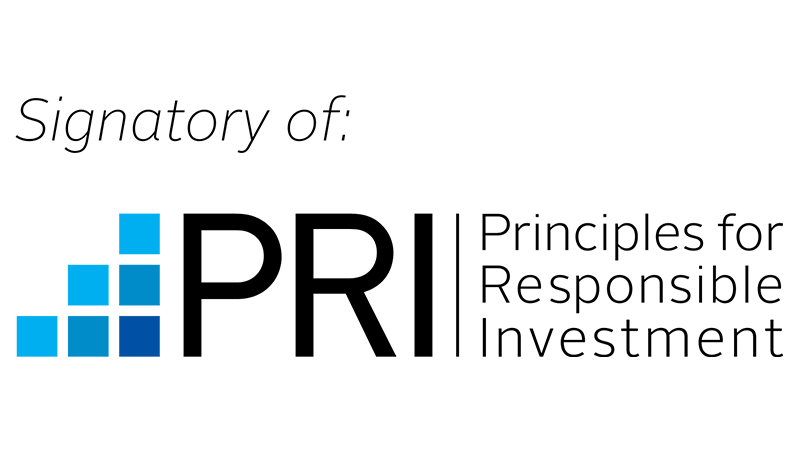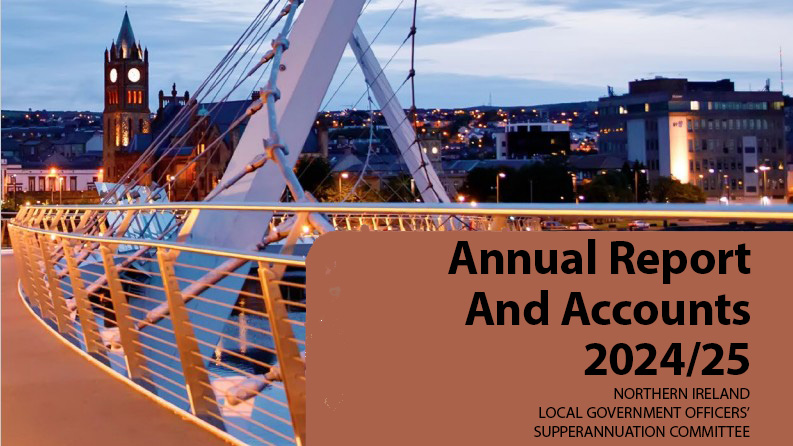The Taskforce on Climate-related Financial Disclosures (TCFD) was established in 2015 to develop a reporting framework of comparable and consistent disclosures to demonstrate climate change resilience. Just two years later, in 2017, the TCFD released its climate-related financial disclosure recommendations, and since then, the recommendations have become the foundation for many national and international climate-related disclosure requirements. As a result of the TCFD’s success, it was announced in October 2023 that the taskforce had fulfilled its remit and was disbanded.
In June 2020, NILGOSC became an official TCFD supporter, issuing its inaugural TCFD-aligned climate related disclosure report the following year. Disclosures are organised around the TCFD’s four thematic areas, representing the core elements of how organisations operate: governance; strategy; risk management; and metrics and targets. NILGOSC continues to support the recommendations, and although regulations applicable to local government pension schemes have yet to be made; NILGOSC has used its fourth year of voluntary reporting to further develop its activity and capabilities, while also highlighting areas to focus on in subsequent reporting periods. NILGOSC’s most recent report is available to review at Climate-related Disclosures Report 31 March 2024 (1,52MB, PDF).
In 2023, NILGOSC secured the long-term provision of TCFD-aligned carbon analytics from its global custodian, Northern Trust. Working alongside the ESG Analytics team for the second year, it was possible to analyse 47% of the Fund’s holdings at 31 March 2024 year end (primarily composed of NILGOSC’s active and passive equity holdings). The portion of the Fund that could be measured, compared very favourably to the benchmark comparison (MSCI Word Index): with total holdings measured emitting 70% less Scope 1 and 2 carbon dioxide equivalents on an absolute emissions level; and reporting a 43% lower weighted average carbon intensity (WACI) than the index.
Despite the good news, the figures should be understood within the wider context, that: NILGOSC is a diversified asset owner with investment over many asset classes and geographies, much of which could not be included as part of the analysis; and much of the data can only be extracted from estimated sources, which can therefore make it less reliable. Despite such caveats, capabilities are evolving in real time as all parties work towards improving disclosures globally.
Adopting the recommendations is an iterative process and full implementation can take many reporting cycles. NILGOSC continues to work closely with Northern Trust; and looks forward to the continued evolution of climate-related metrics, as well as improvements in data availability over time.



